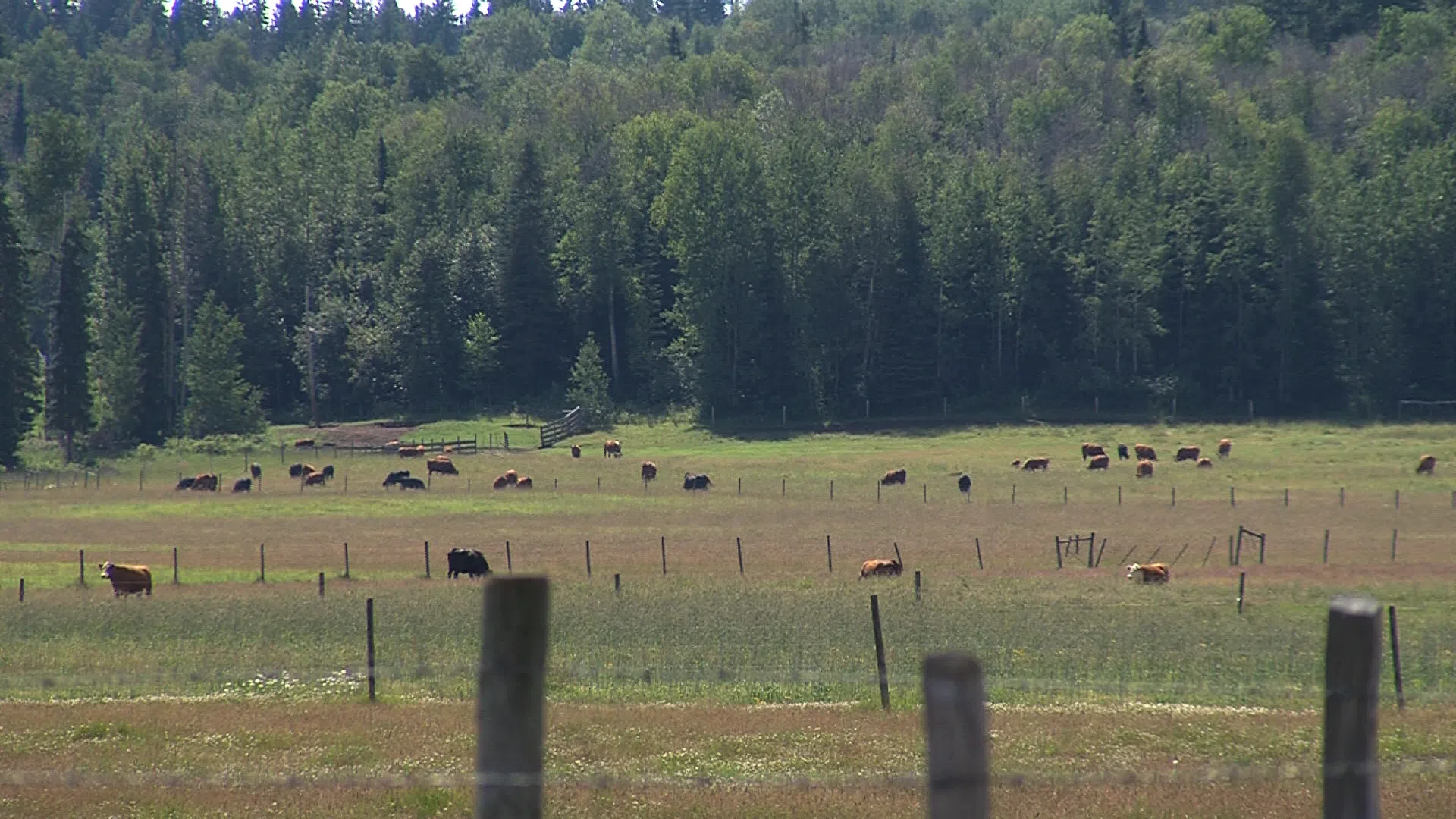
Agriculture Continues to be Affected by Wildfires
VICTORIA – The agricultural impact continues to take a significant hit by the wildfires in the province. As of Wednesday, BC Wildfire says there are 563 fires burning across B.C. The Ministry of Agriculture notes that this year’s fires have not been as severe as last year for ranchers and other producers, however, the risk remains very high.
There is about 13,000 livestock in areas currently under evacuation orders or alerts. There are also about 250 producers currently affected by both the orders and alerts, says Lana Popham, Minister of Agriculture. She adds that the ministry is on the ground assisting with other groups in the Cariboo Regional District and the Bulkley Nechako Regional District as they are the two areas that are most affected. Arrangements are being made for ranchers in evacuated areas to access their ranches to check on the livestock that’s been left behind. Ranchers are also being assisted with the relocation of cattle, where about 2000 head of cattle have been relocated. Work continues to be done on providing feed for those animals that have been relocated. The Ministry says that at this point in time, they have no way of knowing the exact number of lost or injured animals.
Last year, during the wildfires the Ministry of Agriculture found that their Premises ID program was crucial for producers and are making it available again this year. The program allows them to track the number of animals in different areas. They emphasize the importance of the ID program for better communication with efficient responses in some cases. So far a large number of farmers and ranchers are already in the program. The Ministry is also providing assistance in the emergency centres as well as remotely.
As for financial assistance, a provincial recovery insurance program was established last year and the same can be expected again for this year. A formal request has yet to be made to the federal minister of agriculture by the provincial ministry because they are still needing to assess what their needs are. A request that was made last year saw $20 million come to the provincial ministry of agriculture for assistance.
